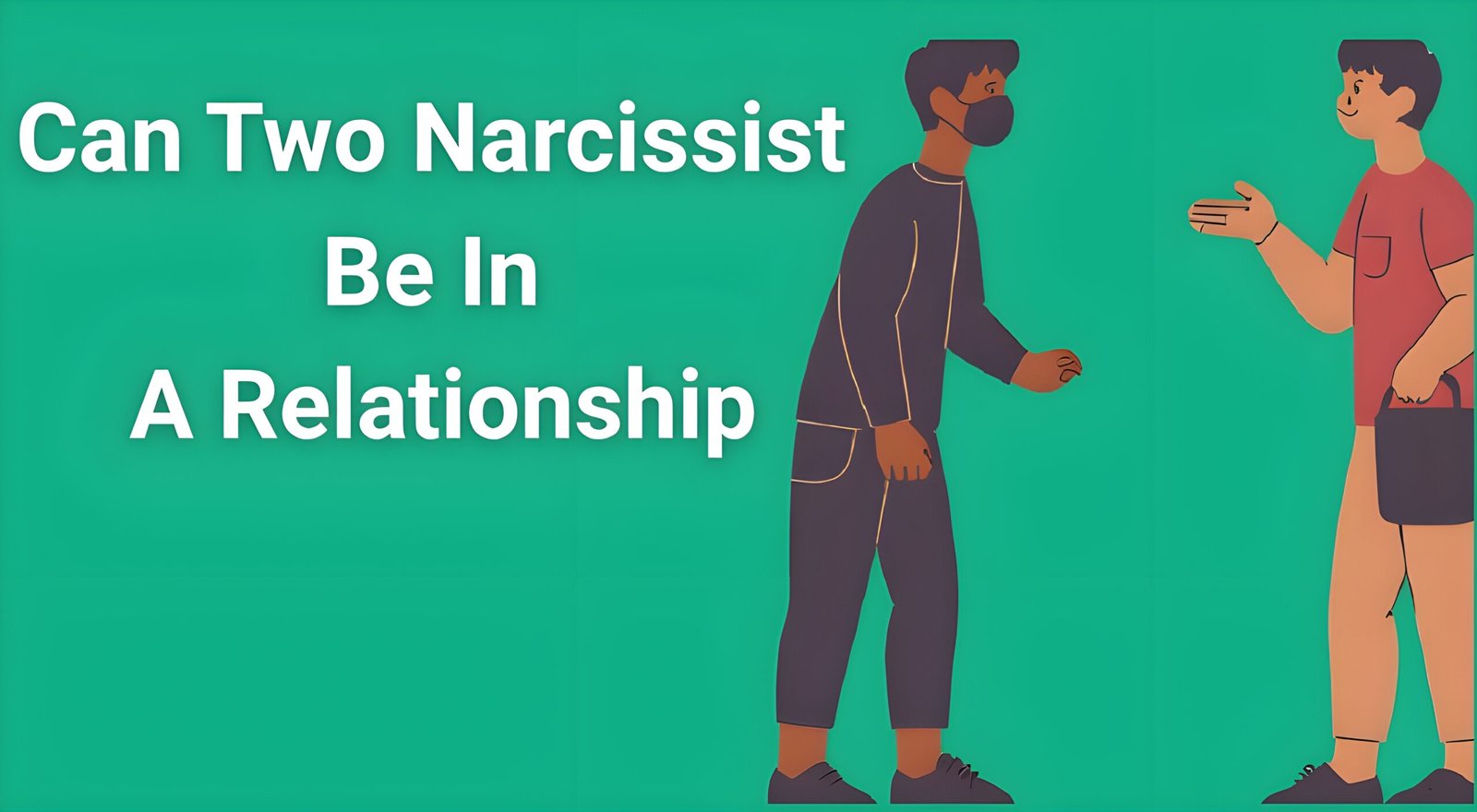When your son’s wife turns family gatherings into emotional battlefields, you know you’re dealing with more than typical in-law tension. Learning how to disarm a narcissist daughter-in-law becomes essential for protecting your family relationships, your mental health, and your connection with your son and grandchildren.
If you’re walking on eggshells, watching your son become increasingly isolated, or finding yourself blamed for problems you didn’t create, you’re likely experiencing the challenging reality of narcissistic abuse within your family. The good news? You can learn effective strategies to disarm these manipulative behaviors while preserving the relationships that matter most.
Understanding the Narcissistic Daughter-in-Law Dynamic
Before diving into specific strategies to disarm a narcissist daughter-in-law, it’s crucial to understand what you’re truly dealing with. Narcissistic personality traits go far beyond simple self-centeredness or occasional difficult behavior.
A narcissistic daughter-in-law typically displays an inflated sense of self-importance, an excessive need for admiration, and a striking lack of empathy for others’ feelings. She may use manipulation tactics like triangulation, gaslighting, and emotional blackmail to maintain control over family dynamics.
The most painful aspect? She often positions herself as the victim while painting you as the problem. This creates a complex web of family tension that requires careful navigation to avoid losing your son and grandchildren in the process.
Common Warning Signs You’re Dealing With
Recognizing narcissistic behavior patterns helps you understand why traditional relationship approaches fail. Your daughter-in-law might:
- Constantly seek attention and praise during family gatherings
- Show little genuine interest in others’ experiences or emotions
- Use guilt trips and manipulation to get her way
- Create drama when she’s not the center of attention
- Refuse to take responsibility for her actions
- Turn family members against each other through lies or half-truths
- Control access to your son and grandchildren as punishment
Understanding these patterns is the first step in learning how to disarm a narcissist daughter-in-law effectively.
12 Proven Strategies to Disarm a Narcissist Daughter-in-Law
1. Master the Art of Emotional Detachment
The most powerful tool for dealing with a narcissistic daughter-in-law is emotional detachment. This doesn’t mean becoming cold or uncaring, but rather protecting your emotional energy from her manipulative tactics.
When she makes hurtful comments or tries to provoke you, remind yourself that her behavior reflects her internal struggles, not your worth as a person. Practice responding with neutral phrases like “I understand you feel that way” or “That’s an interesting perspective” instead of defending yourself or arguing.
This approach disarms her because narcissists feed on emotional reactions. When you stop providing the drama they crave, they often lose interest in targeting you.
2. Establish and Maintain Firm Boundaries
Boundaries are your non-negotiable limits for acceptable behavior. With a narcissistic daughter-in-law, clear boundaries become essential for protecting your peace of mind.
Start by identifying what behaviors you will and won’t tolerate. Perhaps you won’t accept being screamed at, blamed for things you didn’t do, or having your past mistakes constantly brought up. Once you’ve identified these boundaries, communicate them clearly and calmly.
For example: “I’m willing to help with babysitting when asked respectfully, but I won’t be available when demands are made at the last minute.” Then, most importantly, enforce these boundaries consistently. Every time you make an exception, you teach her that your boundaries are negotiable.
3. Use the Gray Rock Method
The Gray Rock Method involves making yourself as boring and uninteresting as possible during interactions. This technique works exceptionally well for learning how to disarm a narcissist daughter-in-law because it removes the entertainment value she gets from creating drama.
Give short, factual responses to her questions. Avoid sharing personal information, opinions, or emotional reactions. If she asks about your weekend, respond with “It was fine” rather than providing details she could later use against you.
This method requires patience and consistency, but it’s incredibly effective at reducing the frequency and intensity of narcissistic attacks.
4. Never Take the Bait
Narcissistic individuals are skilled at pushing buttons and creating situations designed to make you react emotionally. They might bring up past conflicts, make cutting remarks about your parenting, or create artificial emergencies to get attention.
Learning to recognize these manipulation attempts is crucial. When you feel that familiar surge of anger or hurt, pause before responding. Ask yourself: “Is this worth my energy?” or “What does she hope to accomplish by saying this?”
Often, the best response is no response at all, or a simple acknowledgment like “I can see you’re upset about something.”
5. Document Problematic Interactions
Keep a private record of concerning behaviors, conversations, and incidents. This isn’t about building a legal case, but rather maintaining your own sanity and clarity when gaslighting attempts make you question your memory or perception.
Write down dates, what was said, who was present, and how the situation was resolved. This documentation serves two purposes: it helps you identify patterns in her behavior, and it provides you with concrete facts when others question your concerns.
This strategy proves especially valuable if the situation escalates and you need to seek professional help or legal advice regarding grandchildren’s welfare.
6. Build and Maintain Allied Relationships
A narcissistic daughter-in-law often works to isolate family members from each other, making it easier to control the narrative. Counter this by maintaining strong relationships with other family members, including your son when possible.
Avoid speaking negatively about her to your son, as this often backfires and gives her ammunition to paint you as the troublemaker. Instead, focus on maintaining positive, supportive conversations that reinforce your love for your family.
Connect with other family members who’ve witnessed her behavior. Having allies who understand the situation provides emotional support and prevents the isolation she seeks to create.
7. Practice Selective Sharing
Information is power in the hands of a narcissist. Limit what personal information you share with your daughter-in-law, especially details about your finances, health issues, relationship problems, or family concerns.
She may use personal information to manipulate situations, create gossip, or find ways to hurt you later. Keep conversations surface-level and redirect personal questions back to neutral topics.
If she presses for details, use phrases like “Everything’s going well, thank you for asking” or “We’re handling it fine.”
8. Master Strategic Timing
Timing is everything when dealing with narcissistic behavior. Avoid important conversations when she’s already agitated, during stressful family events, or when you’re feeling emotionally vulnerable.
Choose neutral settings and times when she’s likely to be in a better mood for any necessary discussions. If you need to address a concern, do it when others are present as witnesses, and keep the conversation brief and factual.
Understanding her patterns helps you anticipate difficult moments and prepare accordingly.
9. Focus on Your Son’s Well-being (Carefully)
Your son is likely experiencing emotional abuse, even if he doesn’t recognize it yet. However, directly criticizing his wife or trying to “open his eyes” usually backfires and pushes him further into her control.
Instead, be a consistent source of love and support. Let him know you’re always available to listen without judgment. Avoid giving unsolicited advice about his relationship, but be ready to offer support if he asks for it.
Sometimes, simply maintaining a loving, stable presence in his life provides him with a healthy reference point for normal relationships.
10. Protect Your Grandchildren Subtly
If you have grandchildren, they’re likely witnessing or experiencing the effects of their mother’s narcissistic behavior. While you can’t directly intervene in their parenting, you can provide a safe, loving environment during your time together.
Show them what healthy relationships look like through your actions. Demonstrate empathy, respect, and emotional regulation. Listen to their concerns without immediately trying to fix everything, and validate their feelings when appropriate.
Be careful not to speak negatively about their mother directly, as this puts them in an impossible position and may result in restricted access.
11. Seek Professional Support
Dealing with a narcissistic daughter-in-law takes an enormous emotional toll. Professional counseling provides you with additional tools, emotional support, and an objective perspective on your situation.
A therapist experienced in narcissistic abuse can help you develop personalized strategies, work through trauma responses, and maintain your emotional health during this challenging period.
If traditional therapy feels overwhelming, consider specialized resources designed specifically for narcissistic abuse recovery. Sometimes a comprehensive analysis of your specific situation can provide the clarity and validation you desperately need.
12. Plan for Long-term Relationship Management
Accept that narcissistic behavior rarely changes significantly. Instead of hoping she’ll become reasonable, focus on developing sustainable strategies for long-term relationship management.
This might mean accepting limited contact, always having an exit strategy for family gatherings, or finding ways to maintain relationships with your son and grandchildren despite her interference.
Building emotional resilience and having realistic expectations protects you from ongoing disappointment and helps you find peace within the situation.
Breaking Free from Trauma Bonds
One of the most confusing aspects of dealing with a narcissistic daughter-in-law is understanding why your son seems unable to see her behavior clearly. He may be experiencing what’s known as a trauma bond – a powerful psychological attachment that develops through cycles of abuse and affection.
Trauma bonds create a neurological addiction-like response that makes leaving or setting boundaries feel impossible, even when the relationship is clearly harmful. This isn’t weakness on your son’s part; it’s a well-documented psychological response to emotional abuse.
If you’re watching your son struggle with this dynamic, know that breaking free from trauma bonds requires specialized understanding and support. The cycle of hope, disappointment, and confusion can be incredibly difficult to escape without proper resources and guidance.
When You Can’t Leave the Situation
Many mothers-in-law feel trapped in these difficult relationships because walking away means losing contact with their sons and grandchildren. If you find yourself in a situation where you can’t simply cut ties, survival strategies become essential.
Learning how to protect your emotional well-being while remaining engaged requires specific skills and techniques. You need strategies for managing your own trauma responses, maintaining your sense of reality in the face of gaslighting, and preserving your mental health despite ongoing stress.
Remember that choosing to stay engaged doesn’t make you weak – it makes you strategic. Sometimes the most loving thing you can do is maintain your presence in your family’s life, even when it’s difficult.
Recognizing When Professional Intervention Is Needed
While these strategies can be incredibly effective, some situations require professional assessment and intervention. Consider seeking expert help if you’re experiencing:
- Severe anxiety or depression related to family interactions
- Confusion about your own memory or perception of events
- Physical symptoms related to family stress
- Thoughts of self-harm or complete isolation
- Concern for your grandchildren’s safety or well-being
Getting a professional analysis of your specific situation can provide clarity, validation, and personalized strategies for your unique circumstances. Sometimes an outside expert can see patterns and solutions that aren’t visible when you’re in the middle of the situation.
Frequently Asked Questions
Q: Will these strategies actually change my daughter-in-law’s behavior?
A: These strategies are designed to change how you respond to her behavior, which often reduces her motivation to target you. While you can’t control her actions, you can significantly influence the dynamic between you by changing your own responses.
Q: What if my son gets angry when I set boundaries with his wife?
A: This is common and usually temporary. Stay consistent with your boundaries while reassuring your son that you love him. Often, when people see that your boundaries aren’t negotiable, they eventually respect them.
Q: How long does it take to see results from these techniques?
A: Some strategies, like the Gray Rock Method, can show results within weeks. Others, like building emotional resilience, take months of consistent practice. The key is patience and persistence.
Q: Should I tell other family members about her narcissistic behavior?
A: Focus on protecting yourself rather than convincing others. Share your experiences factually if asked, but avoid making it your mission to expose her. This often backfires and gives her ammunition to paint you as the problem.
Q: What if she tries to turn my grandchildren against me?
A: Maintain consistent, loving relationships with your grandchildren without speaking negatively about their mother. Children often recognize authentic love and stability, even if it takes time. Your consistent presence matters more than you might realize.
Moving Forward with Confidence
Learning how to disarm a narcissist daughter-in-law isn’t about winning a battle – it’s about protecting your peace, preserving your family relationships, and maintaining your emotional well-being in a challenging situation.
These strategies require practice, patience, and often professional support. Remember that progress isn’t always linear, and setbacks don’t mean failure. Every time you choose to respond thoughtfully instead of reactively, you’re taking back your power and modeling healthy behavior for your family.
The goal isn’t to change her – it’s to change how her behavior affects you and your relationships with the people you love most. With the right tools and support, you can navigate this difficult situation while protecting what matters most: your family bonds and your own well-being.
Your journey toward family peace starts with understanding that you have more control than you might realize. By implementing these proven strategies consistently, you can learn to disarm narcissistic behavior while building the resilient, loving family relationships you deserve.






